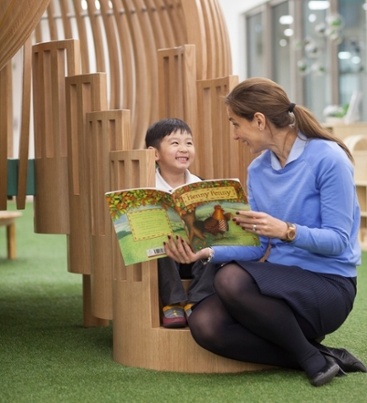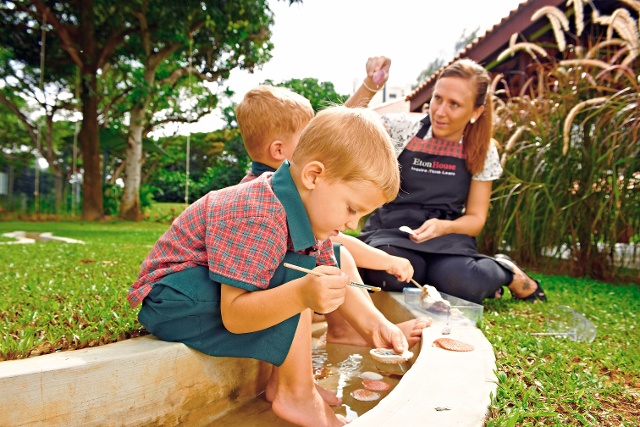Are there any drawbacks to offering a reward (e.g., fun trip or activity, toy or game, money) to children for doing well in school?
Everyone, adults and children alike, appreciate knowing they have done a good job. The danger in offering rewards, however, is that the result comes from an extrinsic motivation rather than an intrinsic one. This suggests that motivation is adult-controlled, regulated and administered. It has the potential to encourage a power and control a situation - viewed as disciplining rather than guiding.
As a parent, it is imperative to learn how to positively guide your child in making good choices and support him in learning life skills and exercising self-direction. For your child, it is about learning to make decisions. By actively inviting your child to participate in establishing clear guidelines that highlight the expected behaviour, it helps him understand what acceptable behaviour and actions are. Not only does this process support the building of trusting and respectful relationship, it also enables the child to be more open to self-regulation and act from a positive attitude towards learning. They become self-directed and independent.
To guide your child, you can be intentional to:
- Model expected behaviours and responses
- Listen to your child and respect his or her perspectives
- Be consistent in your approach and responses. Consistency across varied environments is incredibly important. For example, home and school sharing the same approach and responses.
- Verbally acknowledge demonstrations of positive interactions and behaviours shown by your child
- Remain calm throughout your interactions with children
- Label the behaviour/emotion and not your child.
For example, when a child grabs toy from another child, help him to recognise what he is feeling. "I can see you are frustrated because your friend is using the toy you want, but when we grab at it your friend feels sad."

Positive guidance is a process that is reliant on relationships. If a reward needs to be given, it would be good to give your child the gift of your time and share an experience together to further develop the trusting bond between the both of you. It doesn't have to be a large family trip, it can be a simple shared moment of playing a game, reading a book or throwing a ball - it is 'being together' that is important, not the event itself.
